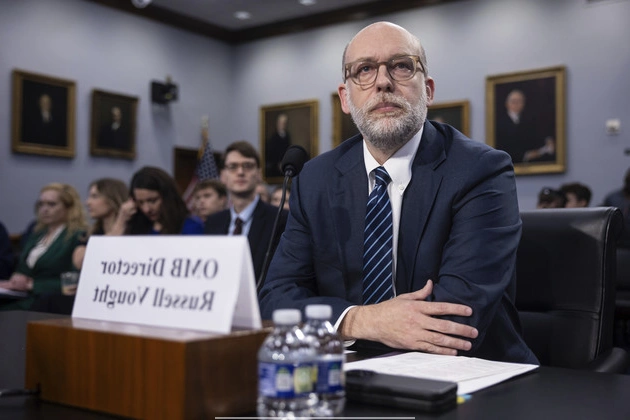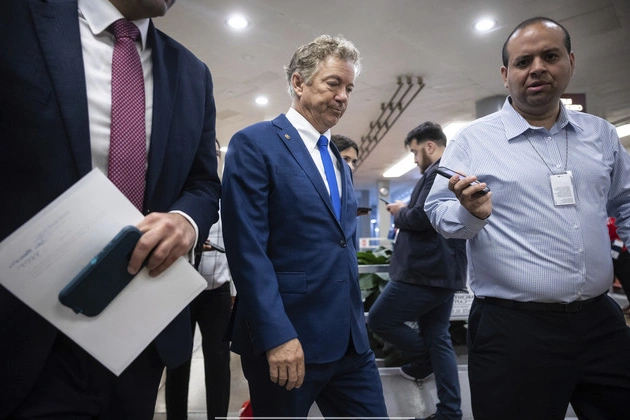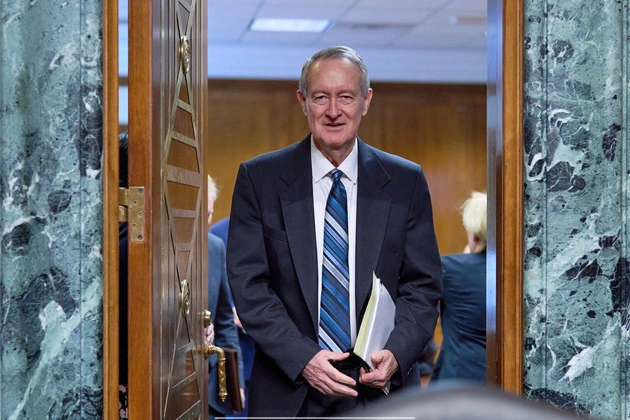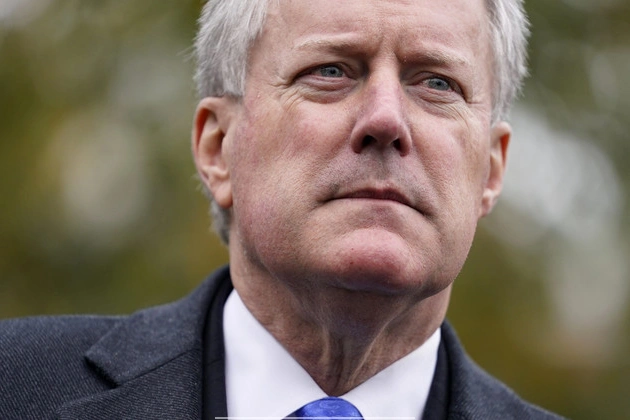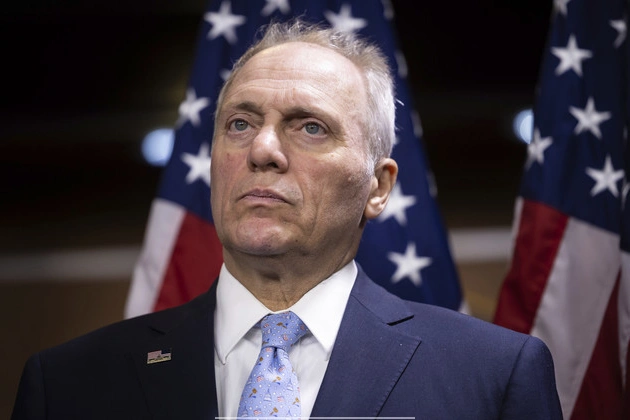
House Republicans are strategically planning to advance their portion of the megabill on May 8 to enact President Donald Trump’s broad domestic agenda. This ambitious timeline aims to reconcile the significant disparity between the House’s call for $230 billion in spending cuts and the Senate Agriculture Committee’s $1 billion minimum target to offset tax cuts, enhanced border security, energy policies, and more.
Debating the SNAP Program
The upcoming meeting will spark a heated public debate on the fate of the Supplemental Nutrition Assistance Program (SNAP), previously known as food stamps. Supporting over 40 million low-income Americans, SNAP is a crucial anti-hunger initiative that some Republicans are cautious about slashing extensively to fund their proposed legislation.
Concerns have been raised by more than a dozen Republicans in competitive districts regarding the potential impact of significant funding cuts on current food aid benefits. Apart from the proposed work requirements for certain low-income recipients, legislators are exploring ways to restrict future program updates and close loopholes that some states have exploited to maximize benefit flexibility.
Navigating Fiscal Challenges
Senior House Republicans have assured vulnerable GOP incumbents that the final bill will not slash $230 billion from SNAP, as several Senate Republicans argue this figure is excessive. Balancing this pledge with commitments to fiscal conservatives for at least $1.5 trillion in deficit reduction poses a significant challenge for leadership.
Furthermore, Republicans face hurdles as members from agricultural states push to include additional funding for farm bill programs in the legislation, particularly to enhance crop reference prices for farmers. With the prospects of passing a standalone bipartisan farm bill dwindling, incorporating these provisions into the party-line package presents logistical difficulties.
Ensuring a Balanced Approach
As House Republicans prepare for a critical juncture in shaping the nation’s domestic policy, the debate over the SNAP program underscores the complexities of balancing budgetary constraints with social welfare priorities. Stay tuned for further developments on this contentious issue.






